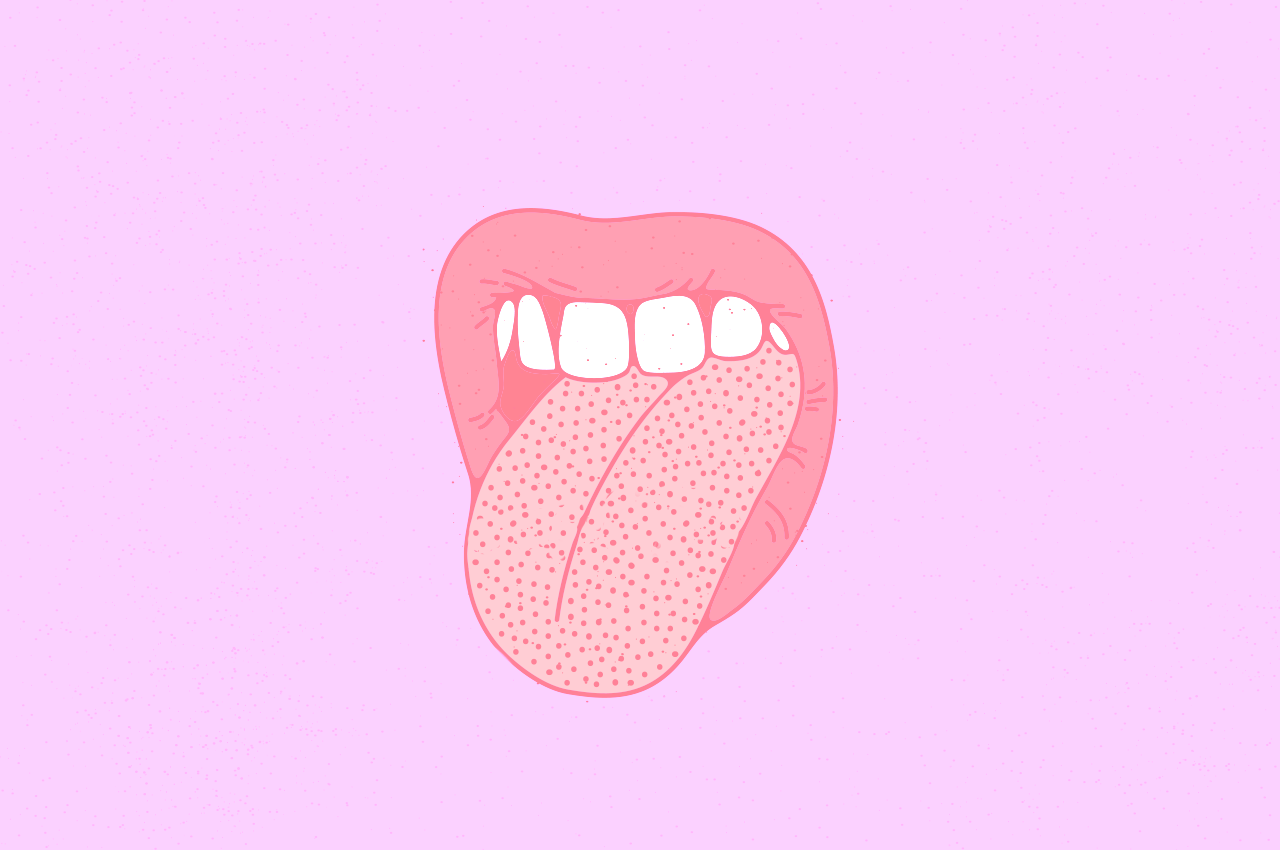Saliva plays an important role in your health. It has the ability to lubricate which helps to protect the oral tissues in your mouth against sores, ulcers and other movements that come with eating and speaking. It also helps neutralise acids and defend your mouth against conditions like tooth decay and bacteria. Think of saliva as your tasting and digestion friend.
When saliva isn’t produced enough and properly, these functions become impaired and dry mouth happens. Dry mouth, also known as xerostomia, is a condition where the salivary glands don’t make enough saliva to keep your mouth wet. Dry mouth could be a simple irritation – or something very serious.
Symptoms:
- Dry or sticky feeling in your mouth.
- Saliva that seems thick and stringy.
- Bad breath.
- Difficulty chewing, speaking and swallowing.
- A dry, or sore throat.
- Dry or grooved tongue.
- A changed sense of taste.
What causes dry mouth?
There are different reasons why the salivary glands can stop working. This includes:
Medication
Many forms of medication, including over-the-counter drugs can leave you with dry mouth as a side-effect. These may include prescription drugs used to treat anxiety, pain, allergies, colds, obesity, depression, high blood pressure, and some antihistamines, muscle relaxants and sedatives.
Ageing
When you get older, dry mouth can stem from factors like changes in your body’s ability to process medication, poor nutrition and long-term health problems.
Recreational drug use
Stay away from drugs like methamphetamine and marijuana.
Some health conditions
Certain health conditions like diabetes, stroke, HIV/AIDS, thrush and Alzheimer’s disease contribute to dry mouth. Snoring and breathing with your mouth open can also cause it.
Tobacco and alcohol use
Drinking alcohol excessively and smoking or chewing tobacco products could be dry mouth culprits.
Nerve damage
An injury or surgery that causes nerve damage to your neck or head can cause dry mouth.
Dehydration
Sweating, diarrhoea, fever, vomiting, blood loss and burns are conditions that dehydrate your body and may cause dry mouth.
Cancer therapy
Certain cancer therapies like chemotherapy can temporarily reduce the amount of saliva you’re able to produce. Radiation treatments to the neck and head may damage salivary glands, lessening the amount of saliva. Both these may cause dry mouth as the production of saliva changes.
Treating dry mouth
- Drink lots of water to keep your mouth moist at all times.
- Chew sugar-free sweets or gum.
- Breathe through your nose (not your mouth) as far as possible.
- Brush your teeth with fluoride toothpaste at least twice a day and visit your dentist regularly.
- Use over-the-counter artificial saliva substitute.
- If you think your dry mouth comes from certain medication, talk to your doctor who may suggest that you swap to a different medication.
- If your dry mouth continues for a long period, talk to your doctor.
References:
- https://www.webmd.com/oral-health/guide/dental-health-dry-mouth#1
- https://www.mayoclinic.org/diseases-conditions/dry-mouth/symptoms-causes/syc-20356048
- https://www.colgate.com/en-us/oral-health/conditions/dry-mouth
- https://www.medicinenet.com/dry_mouth/article.htm#what_are_dry_mouth_symptoms_and_signs

